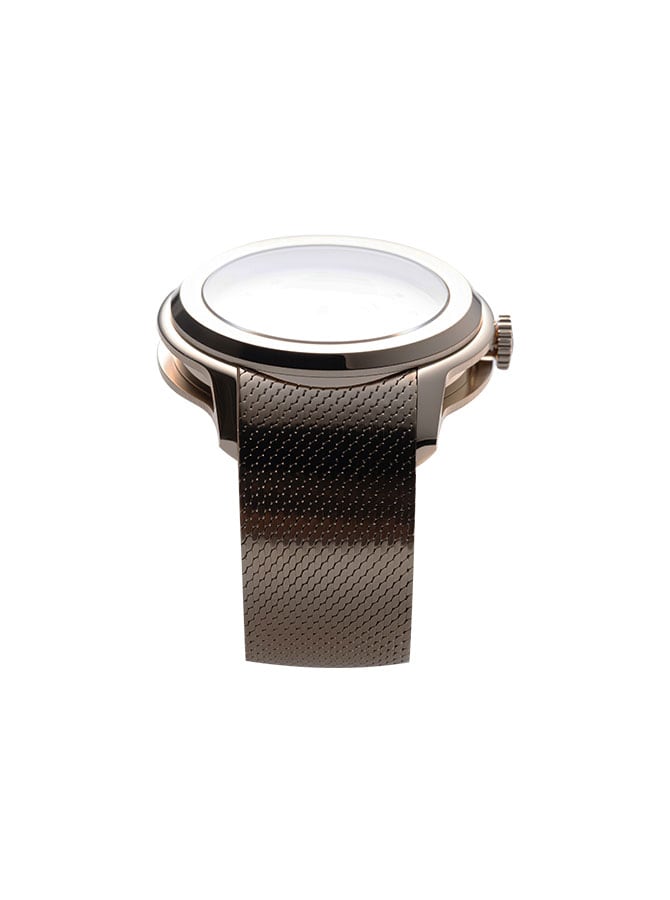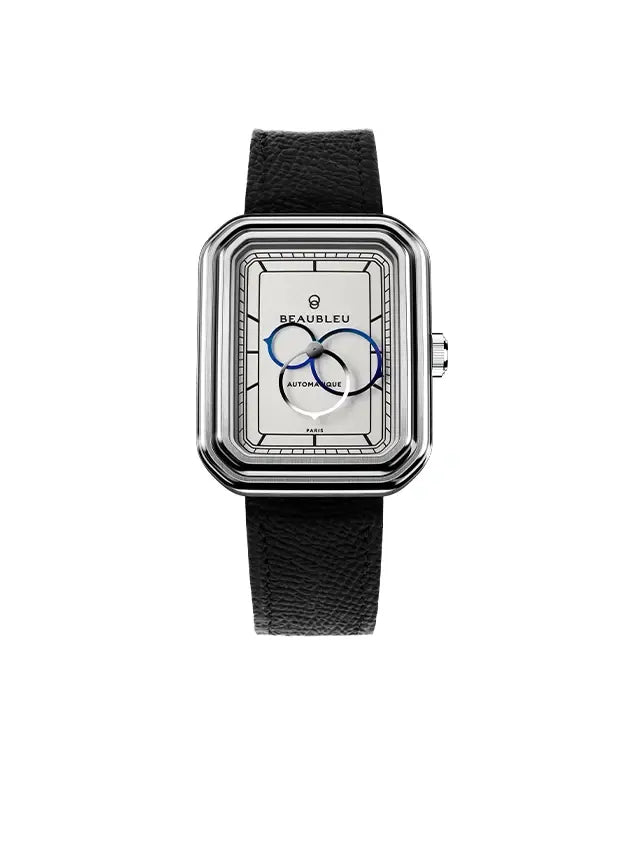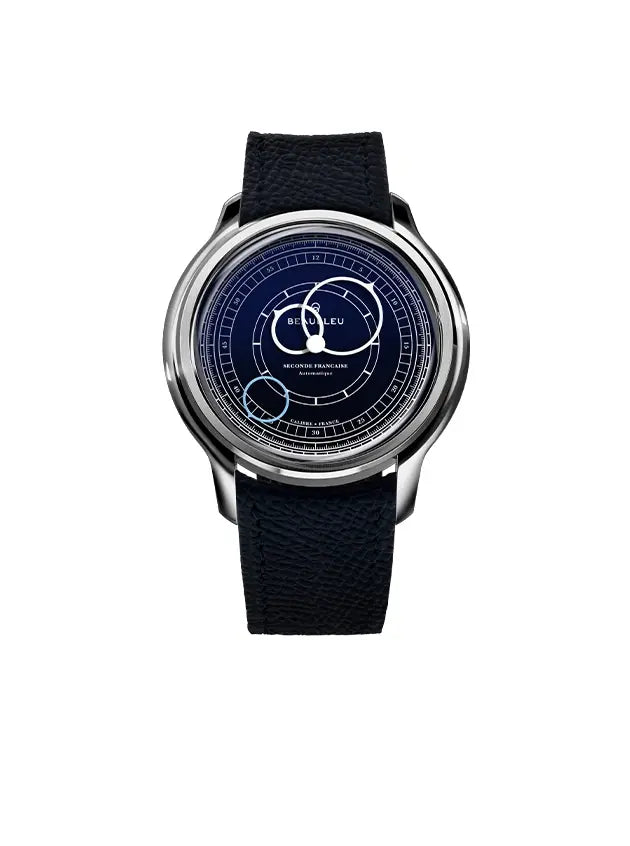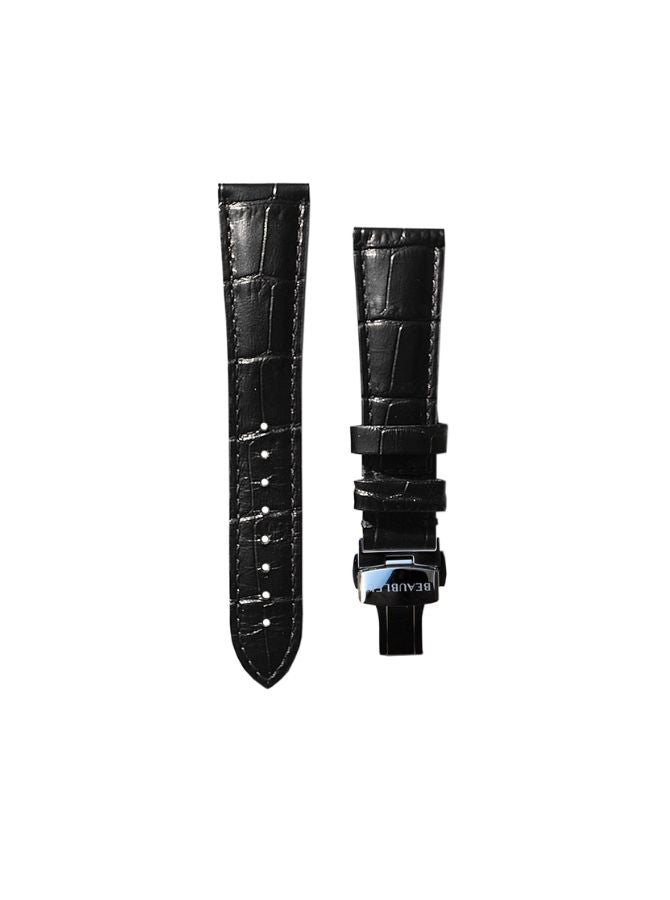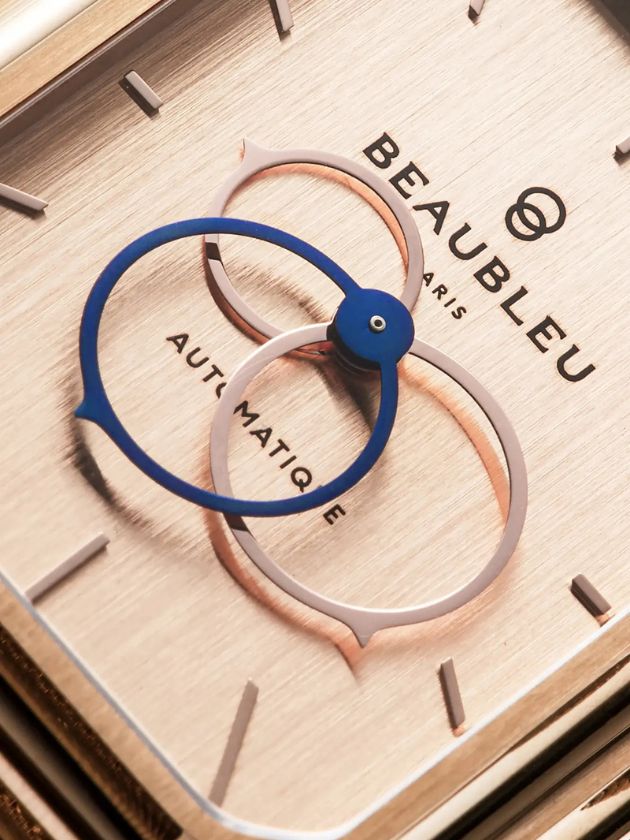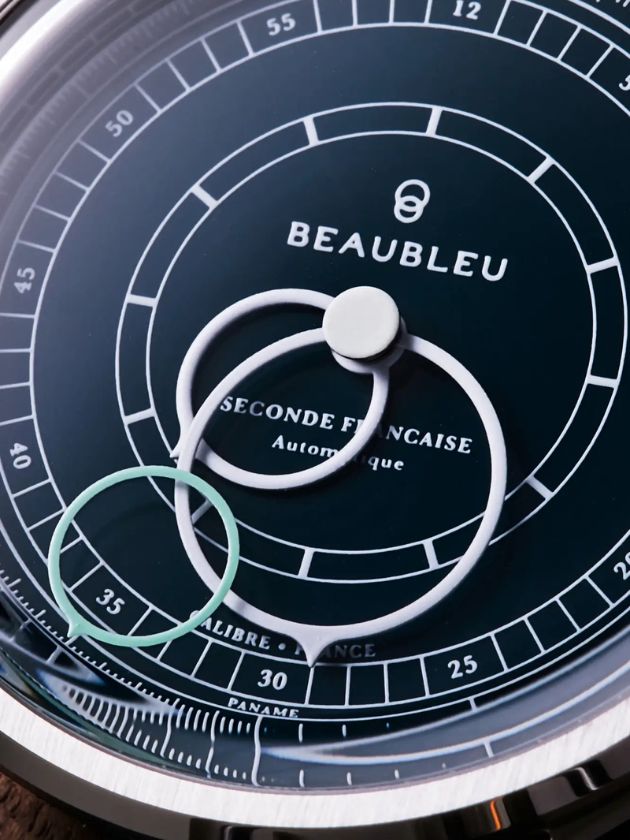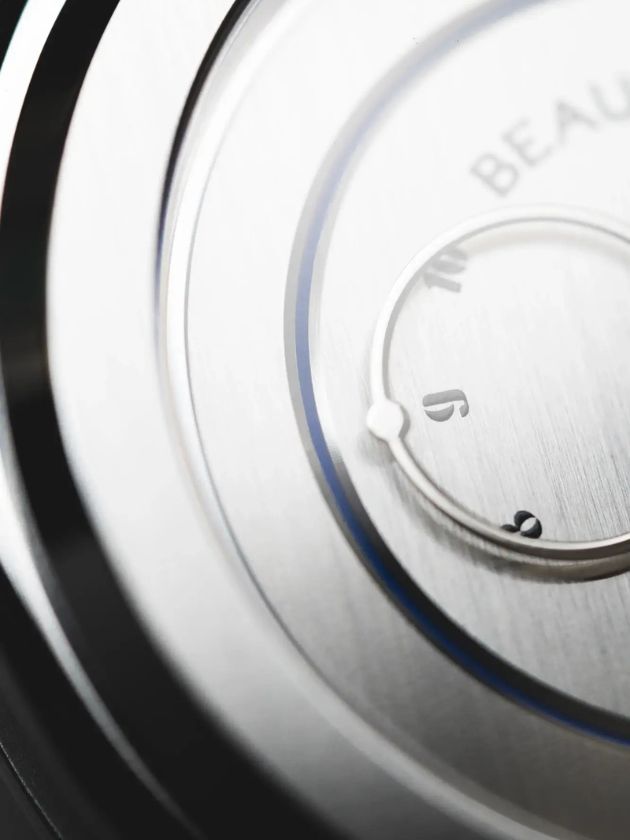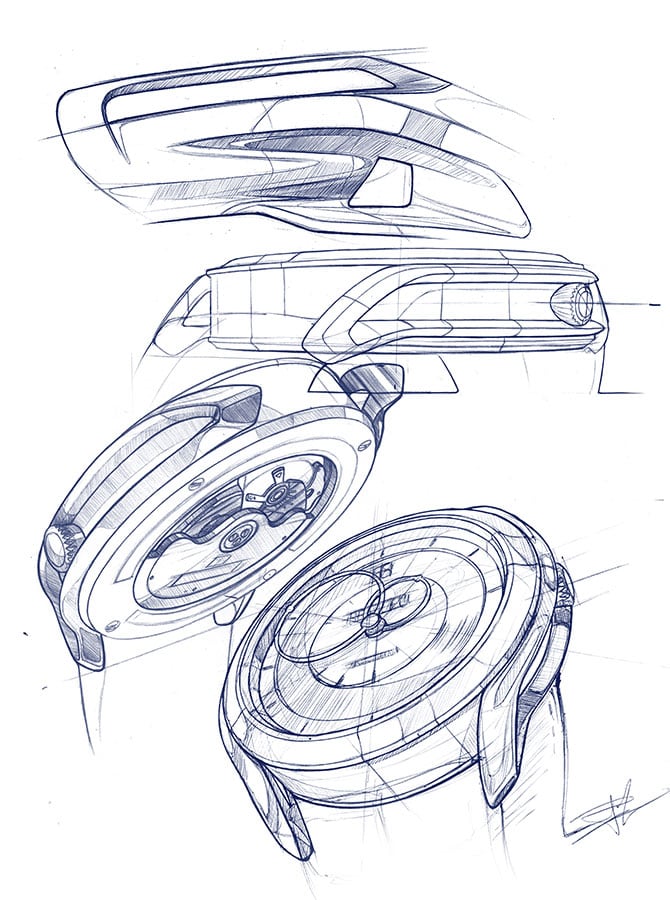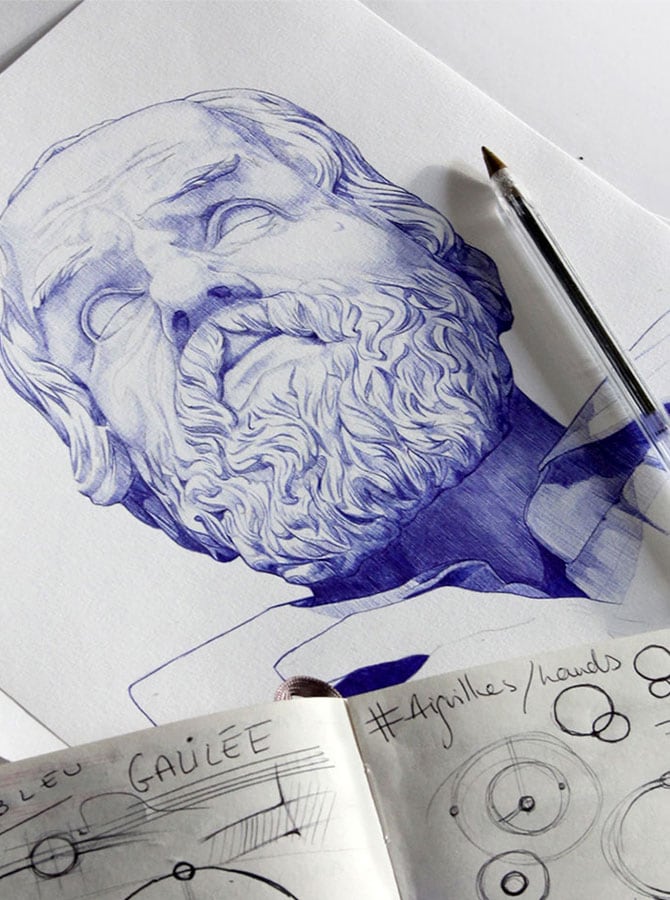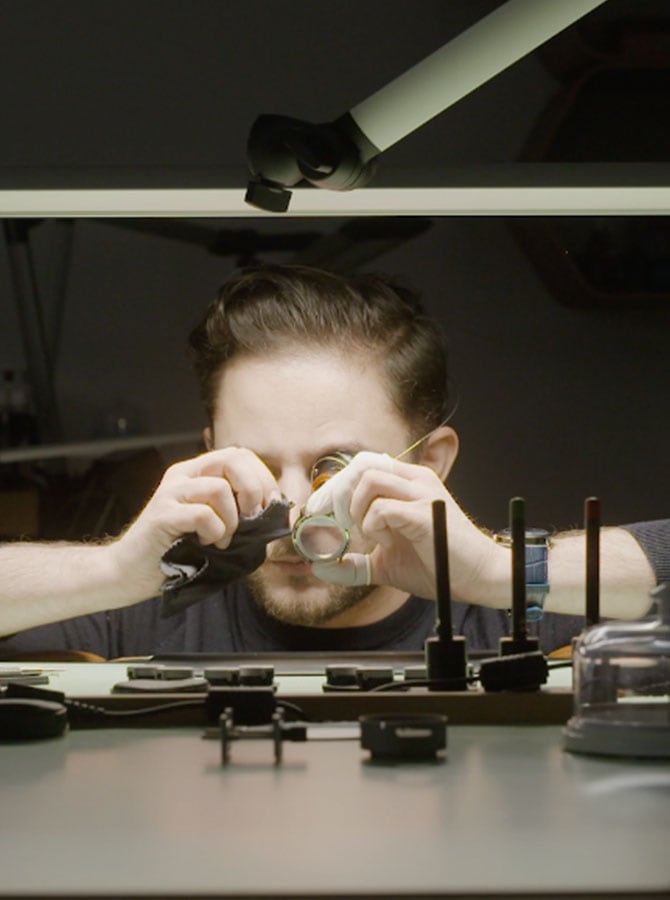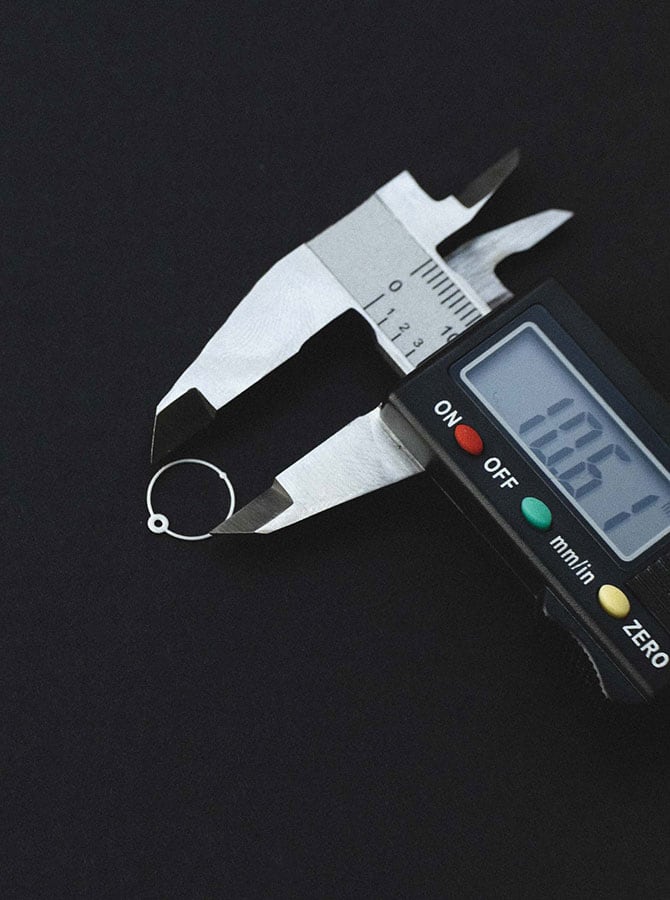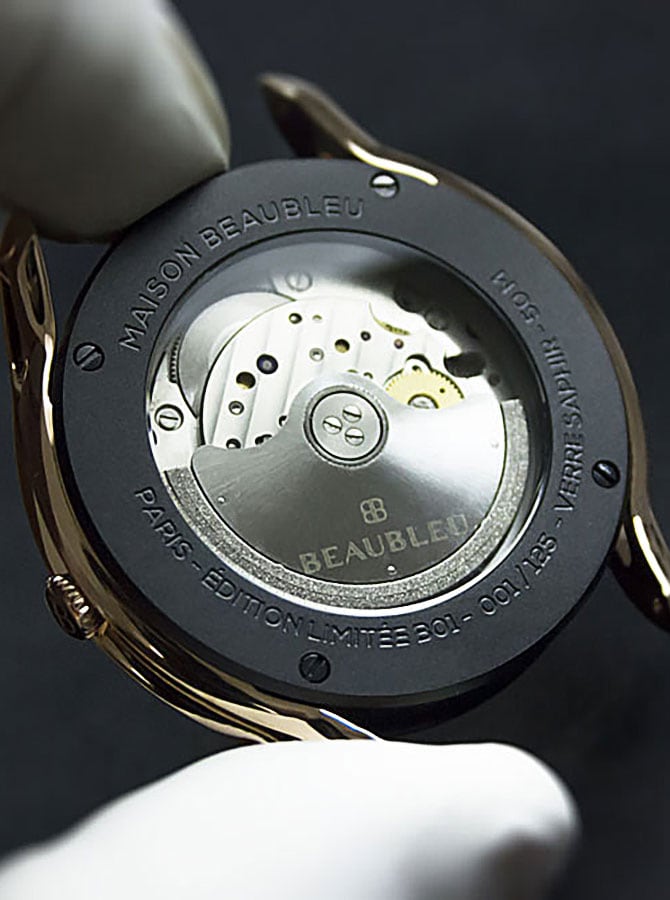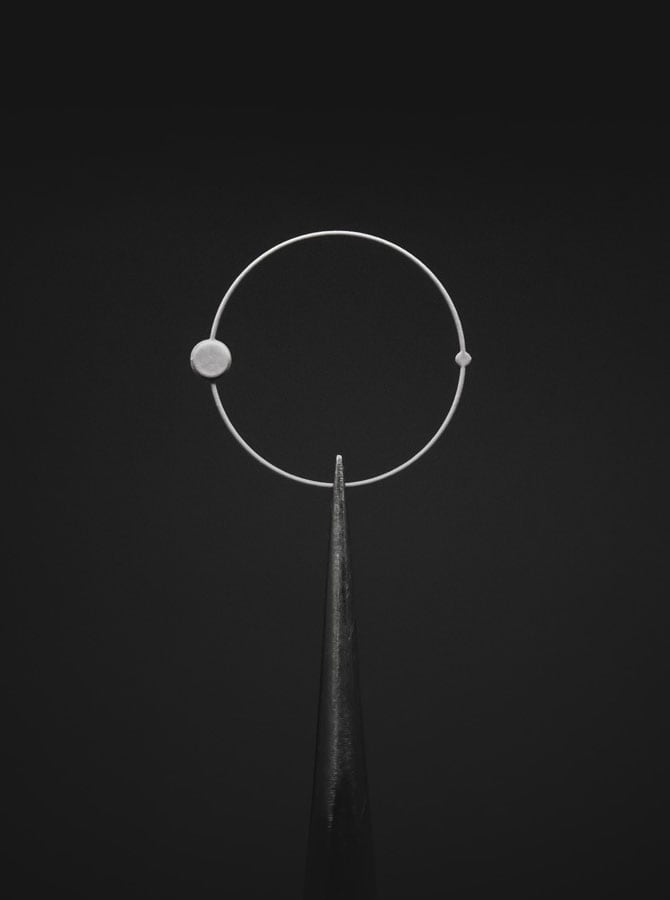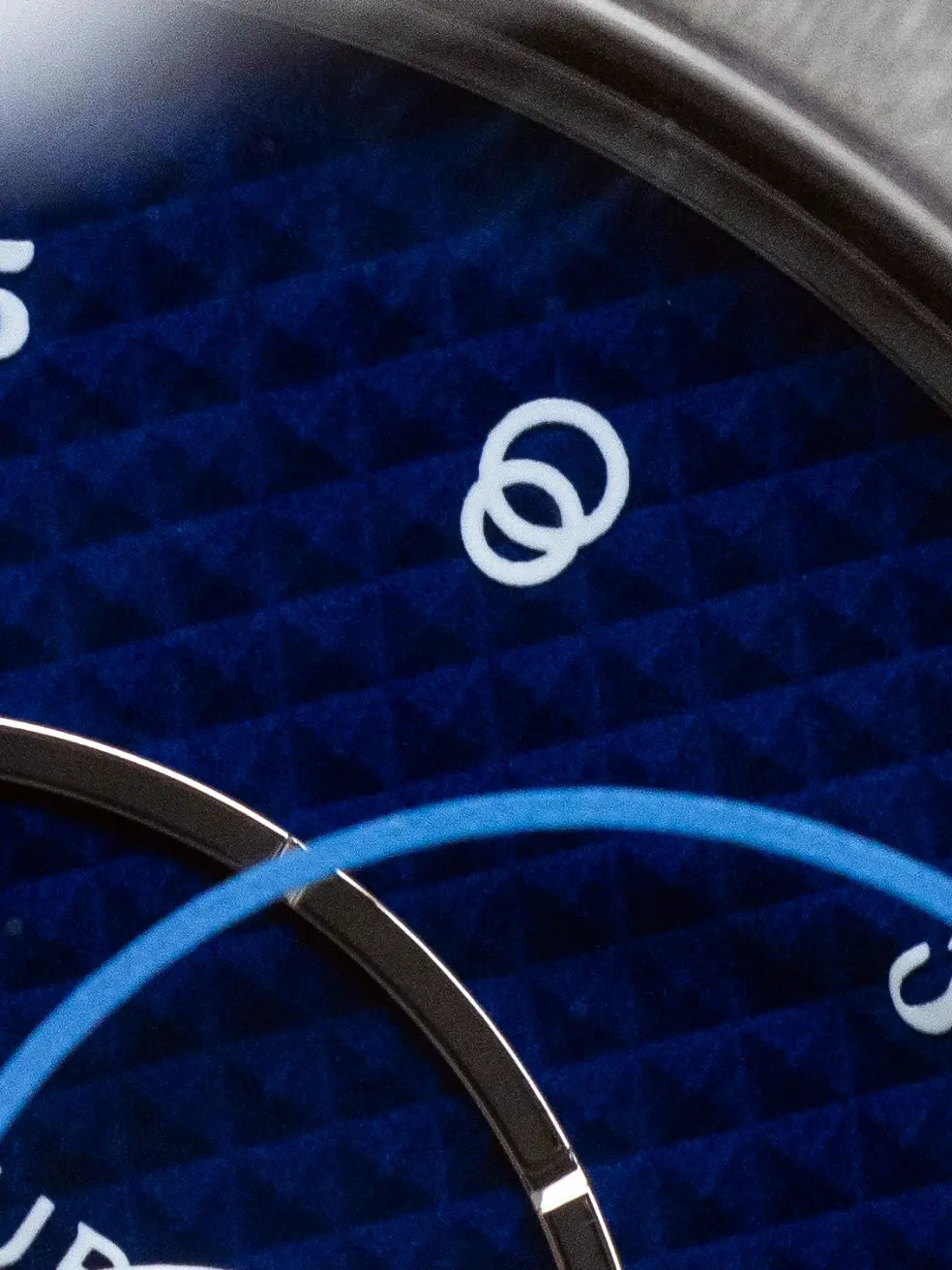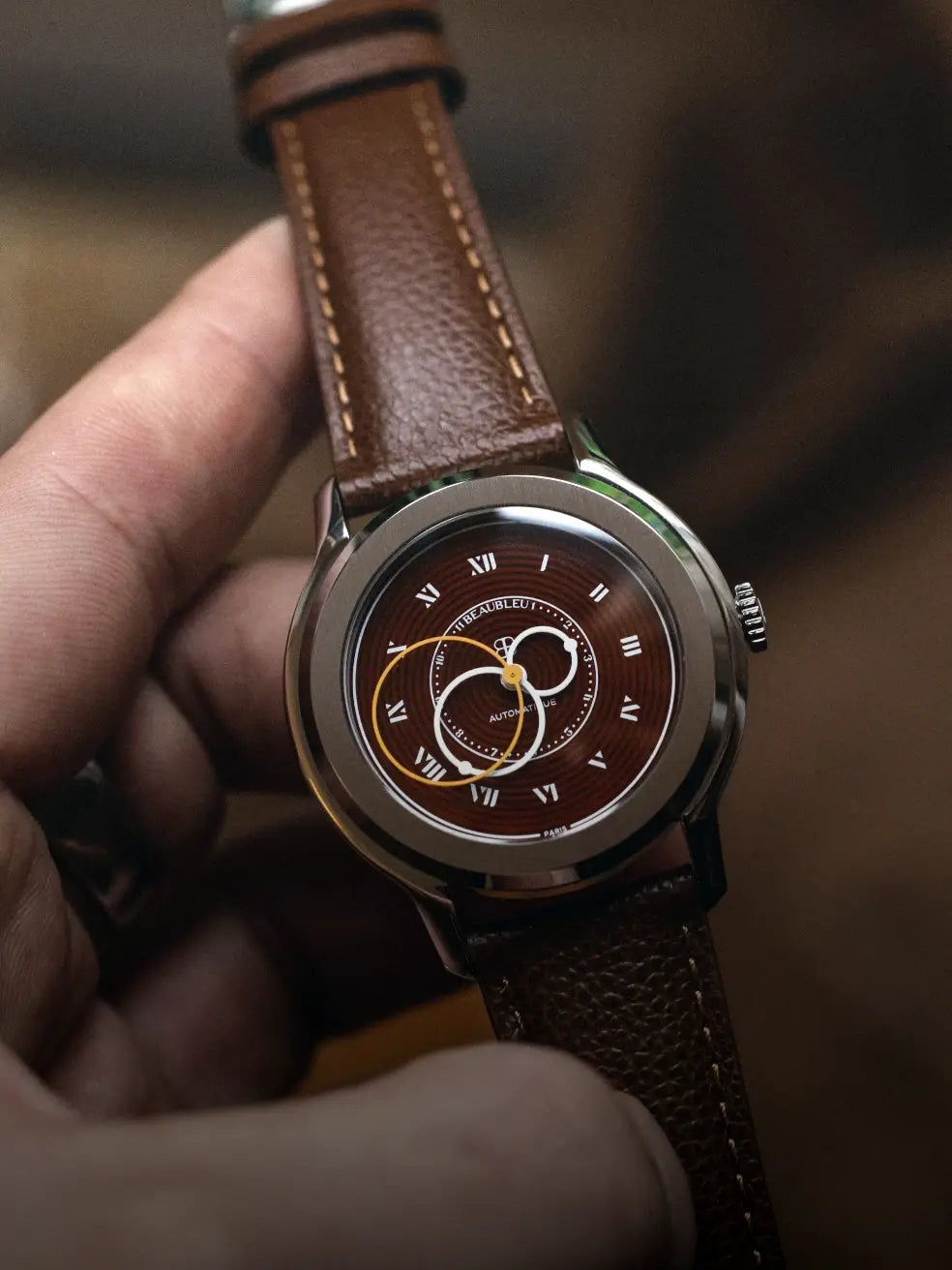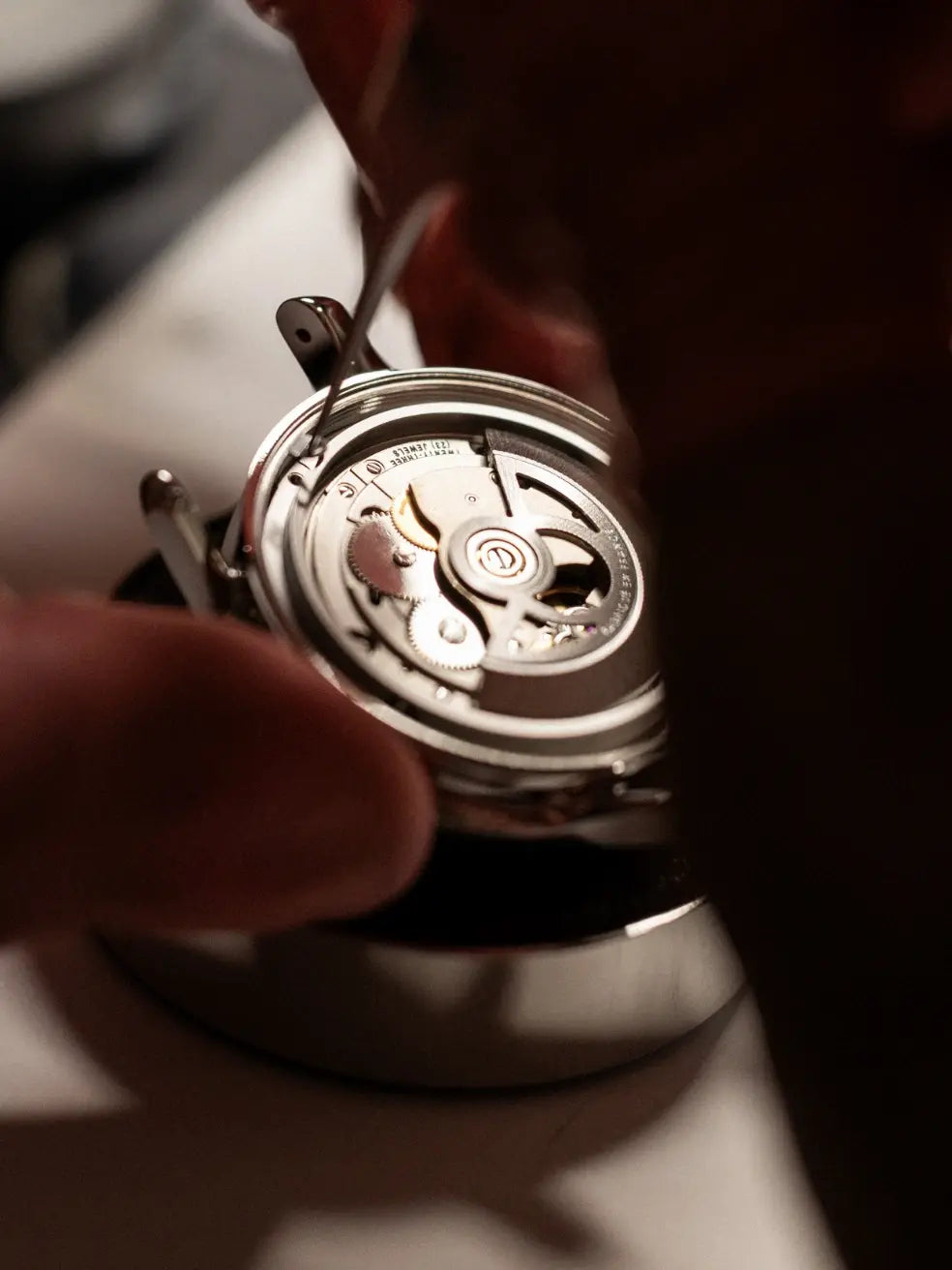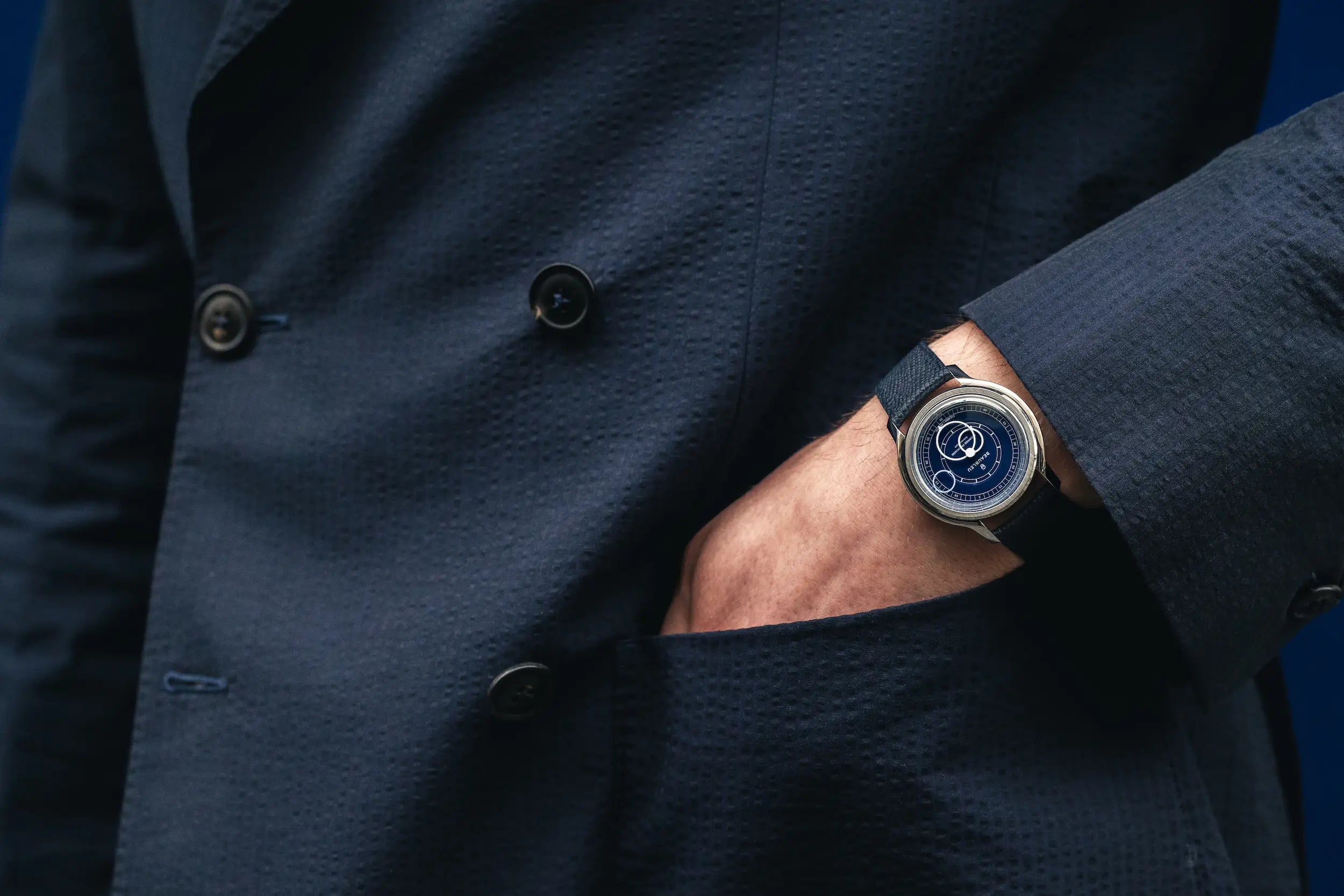
Time regained: Parallels between the work of Proust and the art of watchmaking
“ The true journey of discovery does not consist in seeking new landscapes, but in having new eyes. » This emblematic quote from Marcel Proust invites us to explore the depths of memory and time. Throughout his monumental work in seven volumes, In Search of Lost Time, Proust deploys a complex and nuanced reflection on time, which finds fascinating echoes in the painstaking art of watchmaking.
Let's then explore the parallels between Proust's treatment of time and watchmaking concepts, with particular attention to watch winding.
Time in Proust
Involuntary memory
One of the most famous aspects of Proust's work is the concept of involuntary memory. Illustrated by the famous madeleine scene, where a single bite of tea-soaked cake evokes a cascade of childhood memories in the narrator, this idea demonstrates how memories can be revived through physical sensations. This spontaneous resurgence of memories contrasts with voluntary, planned and often less vivid memory, emphasizing the unpredictable and personal nature of time experienced.
The subjectivity of time
Proust explores the subjectivity of time through his characters and their experiences. Chronological time, that measured by clocks, is often out of sync with the psychological time felt by individuals. For example, moments of happiness may seem fleeting while periods of pain or discomfort may seem endless. This subjective perception of time is reminiscent of the careful adjustment of a watch, where each gear plays a role in regulating the passage of time.
Writing and immortalizing time
Proust uses his writing to attempt to capture and immortalize time. Through rich and detailed prose, he seeks to capture the fleeting moments of life, creating a kind of literary clock where each word, each sentence, is a mechanism aimed at containing and measuring the flow of time. This quest to immortalize time through writing can be compared to winding a watch, where each gesture aims to preserve the continuous and precise functioning of the device.
Parallels between Proust and watchmaking
Subjective time vs. objective time
The contrast between the subjective time described by Proust and the objective time measured by watchmaking is striking. In In Search of Lost Time, time is fluid, malleable, often distorted by emotions and memories. In contrast, watchmaking represents time as a regular and invariable sequence of seconds, minutes and hours. The winding of the watch then becomes a metaphor for the human need to control and regulate this incessant flow of time, an attempt to synchronize subjective experience with objective measurement.
Watch winding, the art of capturing time
Proust's attempt to capture the essence of time through literature and watchmakers' attempt to measure and capture time in a tangible way share a common ambition: mastery of time. While Proust uses words and phrases to evoke and record moments, watchmaking uses cogs and springs to record the passage of time. The process of winding the watch symbolizes this desire to master time, to make it coherent and continuous, just as the act of writing seeks to give meaning and structure to past experiences.
The importance of detail
Both in Proust and in watchmaking, meticulousness and attention to detail are crucial. Proust's prose is famous for its descriptive richness and precision, with every detail helping to create a vivid and complex picture of lived time. Likewise, watchmaking, and particularly watch winding, relies on extreme precision, with each component playing an essential role in the proper functioning of the device. The beauty of watchmaking lies in this technical perfection, just as the beauty of Proust's work lies in the precision of his writing.
By comparing the work of Proust and the art of clockmaking, we discover fascinating parallels between the way we perceive, measure and attempt to control time. Whether through involuntary memory, the subjectivity of time or the precision of writing and clockwork, time remains a complex and captivating enigma. Winding the watch, both a daily gesture and a symbolic act, reflects our incessant desire to control time, to preserve its continuity and regularity in the face of the unpredictability of our personal experiences. Thus, Proust and watchmaking both remind us that the real challenge lies in harmonizing these two dimensions of time.
